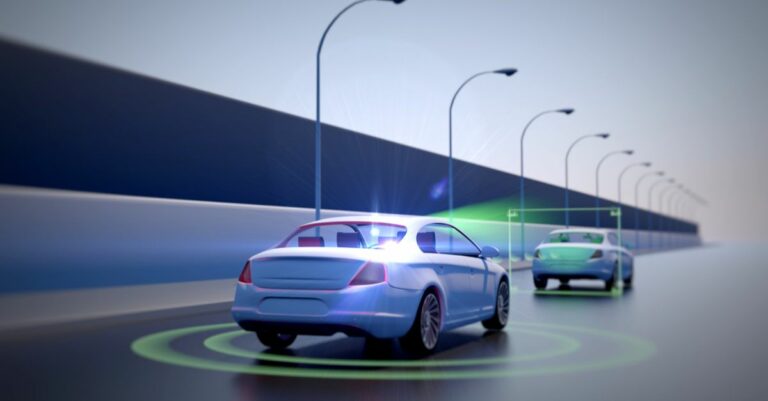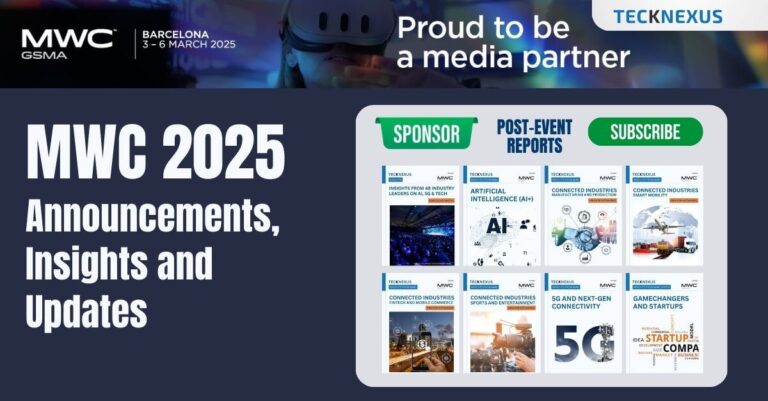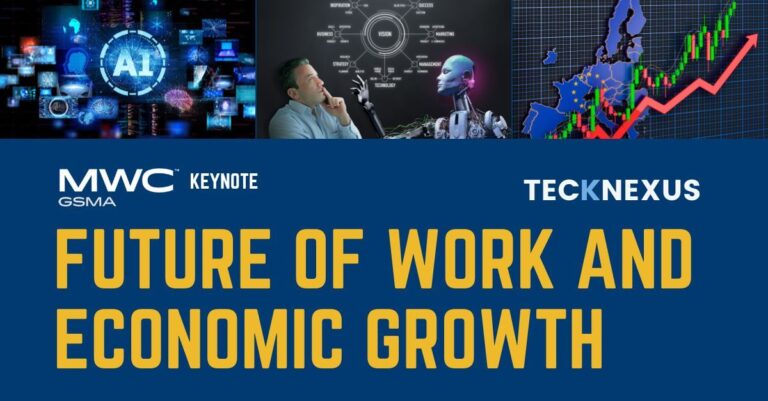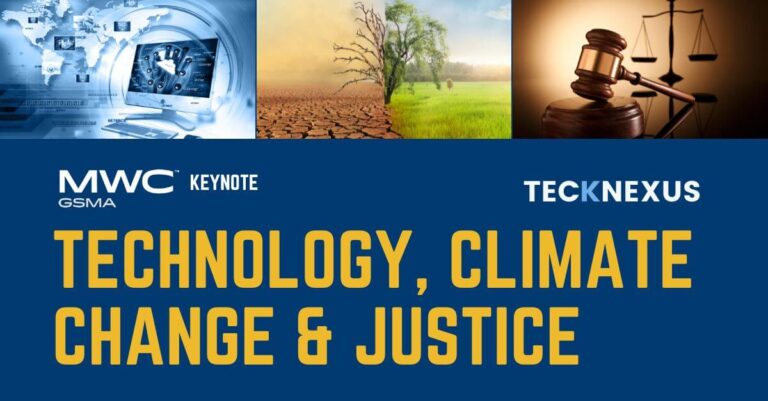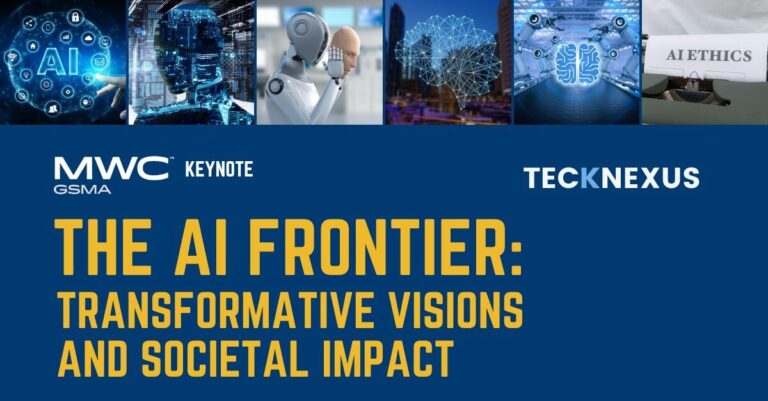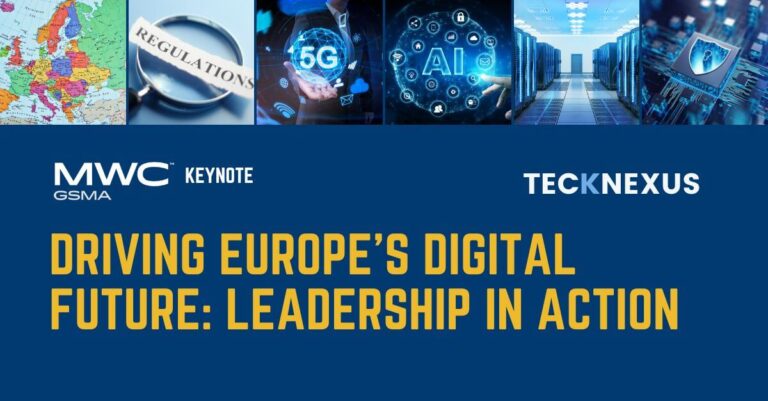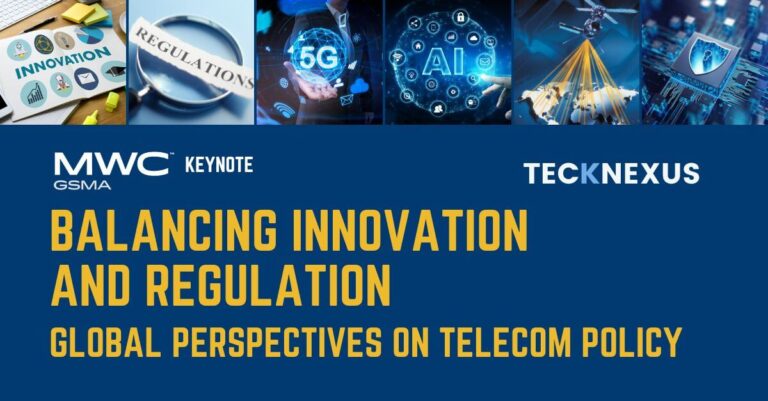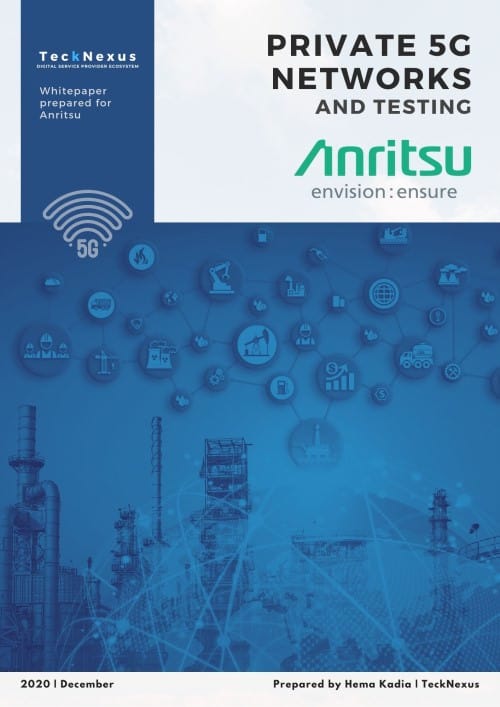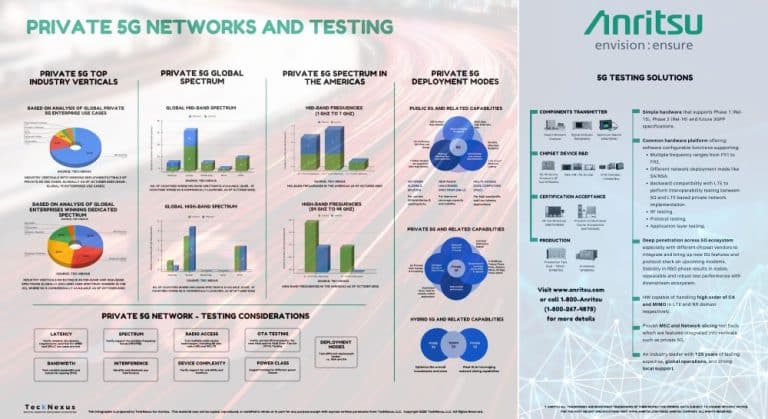Introduction to Sweden’s 5G Transport Corridors
In a bid to foster the development of autonomous and connected vehicles, Sweden is establishing 5G transport corridors in key regions, including Stockholm and Gothenburg. These corridors, situated on strategic routes like the E4 between Södertälje and Nyköping and the E18 between Danderyd and Kapellskär, are designed to facilitate the testing and development of automated transport systems, particularly focusing on self-driving electric trucks.
The Role of 5G Infrastructure in Autonomous Transport
Magnus Leonhardt, Head of Strategy and Innovation at Telia Sweden’s B2B business, emphasizes the pivotal role of these corridors in the evolution of connected and autonomous vehicles. By enhancing the existing 5G network and integrating NorthStar’s innovation network along strategically chosen routes, Sweden is establishing transport corridors that enable vehicles to seamlessly switch between local dedicated mobile networks and the public 5G network, thereby fostering the development and testing of autonomous vehicle systems.
NorthStar Program and AstaZero Testing Environment
The NorthStar program, in conjunction with the AstaZero test environment outside Gothenburg, is developing scenarios to enable automated vehicles to traverse from one logistics hub to another through the 5G transport corridors. Owned by the RISE research institute, AstaZero provides a full-scale test environment for automated transport systems, and once the corridors are operational, testing can extend to public roads, allowing vehicles to navigate from ports to storage facilities via highways.
Sustainability and Emission Reduction through Automation
Authorities, including Jonas Eriksson, Head of Gothenburg Green City Zone at Business Region Gothenburg, anticipate that automation, facilitated by these 5G corridors, will significantly contribute to reducing transport emissions. Eriksson notes that “electrification, digitalization, and automation” are pivotal in creating the emission-free transport system currently being developed in Gothenburg. The NorthStar initiative provides a unique platform to attract entities desiring to upscale their trials in a real-world environment, ensuring that transport solutions are not only smart but also environmentally friendly.
Future Implications and Challenges
The establishment of 5G transport corridors is a substantial step towards realizing autonomous and connected transport on a larger scale. However, the journey ahead involves navigating through challenges related to technology standardization, regulatory frameworks, and ensuring safety in autonomous transport. The success of these corridors could potentially reshape the transport landscape, not only in Sweden but also set a precedent for other countries exploring autonomous transport solutions.
Conclusion
Sweden’s 5G transport corridors, particularly in Stockholm and Gothenburg, are poised to be a game-changer in the realm of autonomous vehicle development and testing. Through strategic alliances, such as the NorthStar innovation program, and a focus on sustainability, the country is not only advancing towards smarter transport solutions but is also taking significant strides towards realizing a more sustainable and connected future in transport.



